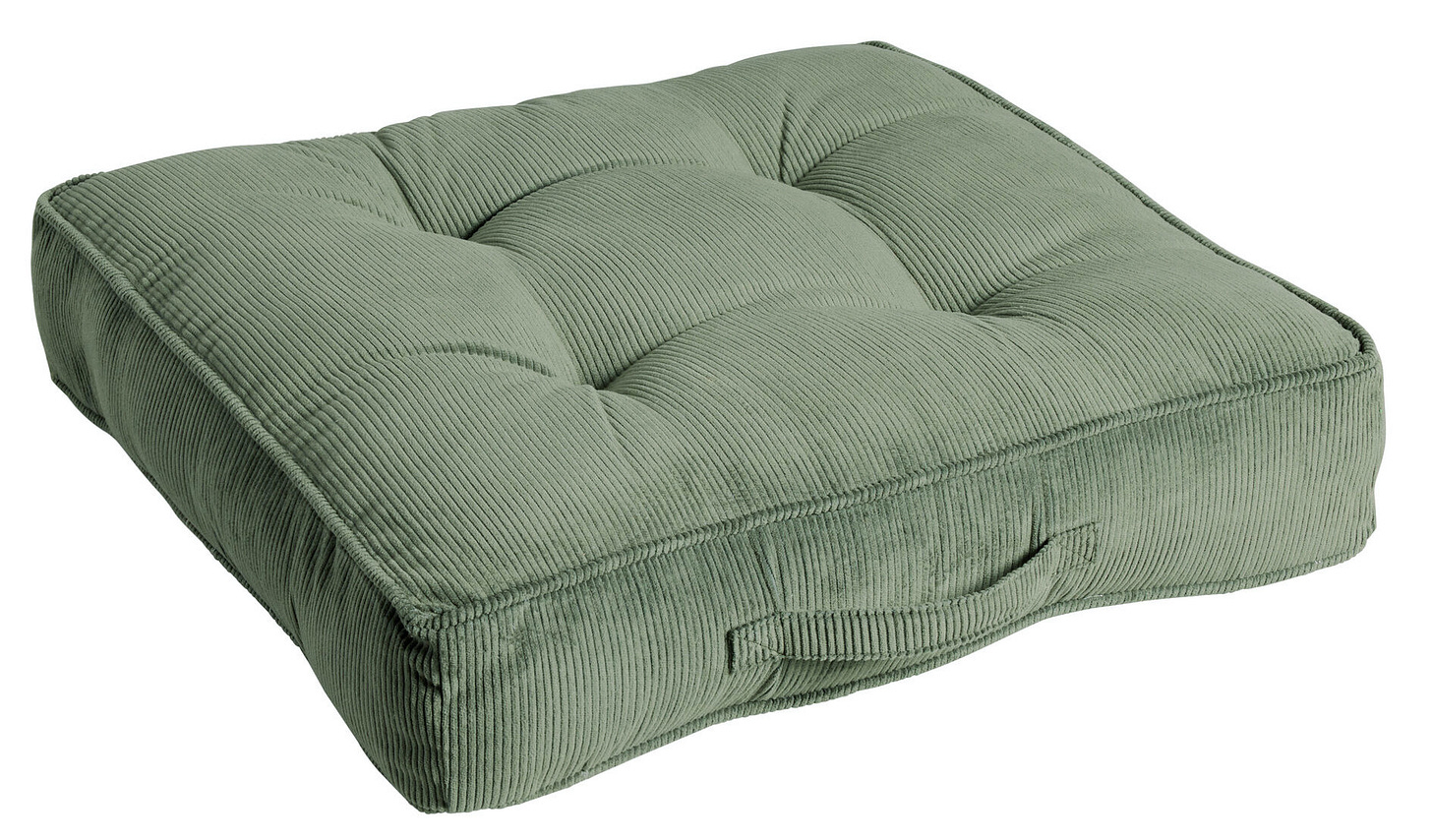Week #20 of My Liquid Diet: The Green Cushion
Loafing and fishes at Mrs. Mann's.
From where I sit:
Beginning weight (July 14): 230 lbs.
Weight at Start of Week #2: 222
Weight at Start of Week #3: 218.4
Weight at Start of Week #4: 215.3
Weight at Start of Week #5: 215.1
Weight at Start of Week #6: 211.2
Weight at Start of Week #7: 208.1
Weight at Start of Week #8: 204.3
Weight at Start of Week #9: 201.9
Weight at Start of Week #10: 199
Weight at Start of Week #11: 196.8
Weight at Start of Week #12: 194.4
Weight at Start of Week #13: 193.5
Weight at Start of Week #14: 190.2
Weight at Start of Week #15: 185.6
Weight at Start of Week #16: 183.8
Weight at Start of Week #17: 182.3
Weight at Start of Week #18: 179.4
Weight at Start of Week #19: 177.6
Weight at Start of Week #20: 177.2
Weight at Start of Week #21 (current week): 173.5
Total weight loss so far: 56.5 lbs.
Ten weeks to go.
It’s gotten quite fishy for me lately on my medically supervised weight-loss program, as I’ve been gradually transitioning from diet “products” to actual food. In practice, what with my busy schedule (which leaves me no time to take up leisurely fly fishing), this has meant opening up lots and lots of cans. Tuna. Sardines. Salmon. Sometimes, as I’m working the can opener, I feel like I’m my own cat! Joshy, time for din-din! But lately, as the pungent fish smells have permeated our home, my mind has begun drifting back to a troubled time — back, in fact, to where my memories begin. To Mrs. Mann and the green cushion.
Mrs. Mann was the woman who took care of me while my divorced mother was at work, starting when I was a toddler. She lived in an apartment in Harlem — and oh, how she could cook! In particular I recall that she’d frequently broil fish — with magical spices, and in its own juices. It seemed to me that this must be what children got to eat in the happier parts of fairy tales, before they were abandoned in some forest. After joining Mrs. Mann at the kitchen table for lunch — preceded by her saying grace, as she was quite devout — I would be dispatched to the little foyer, where I had to spend all my non-lunch time on a square green cushion on the floor.
This is hard for me to write about.
I wasn’t allowed to leave the cushion, except to briefly retrieve one of my toys from a hallway closet. My favorite toy was called King of the Hill.
It was meant for two to four players, but I was the only player. So instead of following the rules, I would just repeatedly drop a marble in one of the highest holes and listen to it rattle around inside, waiting for it to emerge (randomly, it seemed) from one of the lower “caves.” I did this over and over. I had all day.
The key to my existence, during those long hours at Mrs. Mann’s before she’d take me back to my mom, was to somehow move through time, which seemed molasses-slow.
When I got tired of King of the Hill, I’d play with my hands. They’d wrestle each other, left against right. Because my left hand was doubly favored — I was left-handed, plus my Communist parents were on the Left — I’d rig these contests so that my left hand always won. Sometimes I’d imagine that the fingers of my left hand were the brave vanguard of a noble proletariat resistance, leading a revolution against the evil capitalist Right-Handers. Back and forth these hand-battles would go, until eventually my left hand would triumph. Hurrah!
When I looked up, I could see Mrs. Mann through the doorway. She’d be sitting there at the kitchen table, reading the Bible.
“Hey, Mrs. Mann?”
“Hay is for horses!”
“I’m sorry! Mrs. Mann, may I please have some water? I’m thirsty.”
“No, you may not.”
And she’d go back to reading her Bible.
Aside from during meals, she would rarely let me have anything to drink. Which in a way was probably for the best, since she also rarely let me go to the bathroom.
“Mrs. Mann? May I go pee?”
“No!”
She’d turn on the radio. I remember hearing these ads for Jimmy Dean sausages and wondering if they had anything to do with the late movie star my mom had liked.
Sometimes it got to the point where I just had to go. So, on my bravest days, I would wait until she wasn’t looking and tiptoe to the bathroom. I’d direct my pee onto the inner surface of the toilet bowl rather than directly into the water, so it wouldn’t make any splashing sounds. Then I’d quietly put down the lid and try to sneak back to the cushion. If Mrs. Mann caught me (sometimes, out of habit, I’d make the mistake of flushing), she’d punish me — usually by locking me in the bedroom of her daughter, who was at school. Eventually she’d let me go back to the cushion, saying, “I hope you’ve learned your lesson.”
At Mrs. Mann’s, napping was my greatest refuge. Oh, to fall asleep and wake up at a later point in molasses-time, not having had to just sit there waiting! When sleep wouldn’t come, and I was tired of King of the Hill and my hand battles, I’d make rumbling sounds in my ears — achieved by tensing some of my jaw muscles. Or I’d fuzz my eyes: intentionally blur them, so that everything — the kitchen, the living room — seemed to stretch out into an endless landscape of gauzy shapes. It was like entering an altered state. Cushion-Mind.
When I got old enough to tell my mom how I was being treated at Mrs. Mann’s, she’d always say: “Mrs. Mann loves you!”
It filled me with joy to hear that! If Mrs. Mann loved me, then maybe Mom would love me too.
There was a time, when I was about five, when I was joined on the green cushion by Edie Reisman. My mother had recommended Mrs. Mann to Edie’s mom, Eva. For several months I had a playmate! We played King of the Hill together. There was a magic trick I’d gotten at Macy’s, during one of my mom’s epic shopping expeditions, that consisted of a plastic cube inside a box; the cube had a different color on each of its faces.
The illusion was supposed to involve some sneaky sleight of hand, but I just made it into a game: Guess which color is on top, under the closed lid? Edie always guessed right — always! I began to suspect, despite my parental training in strict materialism, that she possessed clairvoyance. She was a marvel! She was my friend! And she was with me on the cushion!
And then, just like that, Edie stopped coming to Mrs. Mann’s. I didn’t know why, and I was bereft.
Then one day, as Mrs. Mann was walking me back to my mom’s building, we ran into Edie and her mom Eva, who lived in our neighborhood.
“Hello, Mrs. Mann!” Eva said. She and Mrs. Mann chatted for a bit, then Eva turned to her daughter.
“Edie,” she said, “would you like to go back to staying with Mrs. Mann sometime?”
The question filled me with such excitement that I almost couldn’t breathe.
“No!” Edie said. “No! No! No! Mrs. Mann doesn’t give me water when I’m thirsty, and she doesn’t let me go pee!”
Oh, what an awful thing to say! I felt so bad for Mrs. Mann! Burning with embarrassment for her! How could Edie be so cruel??!
Mrs. Mann responded with a tight smile, and she and I continued on our way.
But in the weeks that followed I kept thinking about what Edie had said — and at length I decided that she’d been brave and truthful in speaking out. Eventually I began agitating to be released from Mrs. Mann’s care.
“But Mrs. Mann loves you!” Mom would insist.
By the start of first grade, I had stopped going to Mrs. Mann’s. Instead, after school I’d hang out in our neighborhood, or in the courtyard of our building, until Mom came home from work and let me in. But I still kept mostly to myself — rumbling my ears; fuzzing my eyes; playing handball against a brick wall, my left hand against my right. In some ways, I was still on the cushion.
It wasn’t until I was well into adulthood that I finally began peeing directly into the toilet water, rather than discreetly onto the side of the bowl.
Decades later, I was at the Sundance Theater Lab on a mountaintop in Utah, working with my director and collaborator, David Dower, on a new solo show. Twice each day we’d invite the other Lab participants (actors, playwrights, staffers — whoever happened to be free) to stop by our yurt and attend one of my improv sessions, where I’d free-associate different stories from my life.
At one of those sessions, I found myself recounting my memories of Mrs. Mann. Afterwards, one of my Lab-mates, a spectacularly charming and charismatic actor named Reg E. Cathey (perhaps best known for playing the acerbic, deep-voiced mayoral aide Norman Wilson on The Wire), came up to me.
“I knew Mrs. Mann!” he said.
Apparently she’d once been his landlady, and he’d found her to be extremely unpleasant. When he described her, it definitely sounded like the same person — though it was hard for me to square the idea of her owning a building with her also having babysat me. I mean, my mom couldn’t have paid her that much!
In any case, Reg E. and I both marveled at this coincidence.
I told him that at some point — maybe when I was in my teens — my mom had told me that initially Mrs. Mann had brought me out to the playground, but that she found it embarrassing to be seen in the stereotypical role of a Black woman taking care of a little white boy. So eventually Mrs. Mann took to keeping me indoors, out of public view. I told Reg E. that I felt conflicted about all this, given my parents’ and my hatred of anti-Black racism and its related tropes.
“Josh,” Reg E. boomed, in his resounding baritone, “Mrs. Mann was just mean!”
Later that day, David tried an acting exercise with me. He had me sit on a cushion on the floor and imagine myself back at Mrs. Mann’s. I tried doing this for a few minutes, but then David cut the exercise short.
“Josh,” he said, “the expression on your face was so full of anguish — I was afraid you were going to lose it!”
A bit later he asked me, “How would you feel if your son were to be treated the way Mrs. Mann treated you?”
At the time, my son was barely past the toddler age himself. At the thought of him spending even a second on that cushion, I burst into tears.
When I look back on my bleak years in Mrs. Mann’s care, there was one joyful episode amid all the gloom.
On my fifth birthday, I was on my cushion when there was a knock at the door. Mrs. Mann got up from the kitchen table, walked past me through the foyer, and opened it.
It was my father!
I never got to see Dad on weekdays — he had custody of me only on every other weekend. How was it possible that he was standing here, in the flesh, in Mrs. Mann’s doorway?
“I’m taking Joshy out for a couple of hours,” he told her.
It was a beautiful spring day. The sun shone brilliantly! The buildings, the sidewalks — all the surfaces gleamed.
Dad and I walked to the Riverside Church — beloved among progressives for its long association with social-justice struggles.
We went up in the elevator to the very top, where others had already gathered to hear the church’s enormous bells. When those bells started ringing — coordinated, somehow, into making glorious music together — I was flooded with a profound sense of hopeful awe.
Dad put his arm around my shoulder, and I leaned into him.








Josh, that was not just a mean woman, that was straight-up child abuse you experienced. I'm so sorry.
Mrs Mann sounds like a sadist. Reading about her made me hurt for you, Josh. 😢